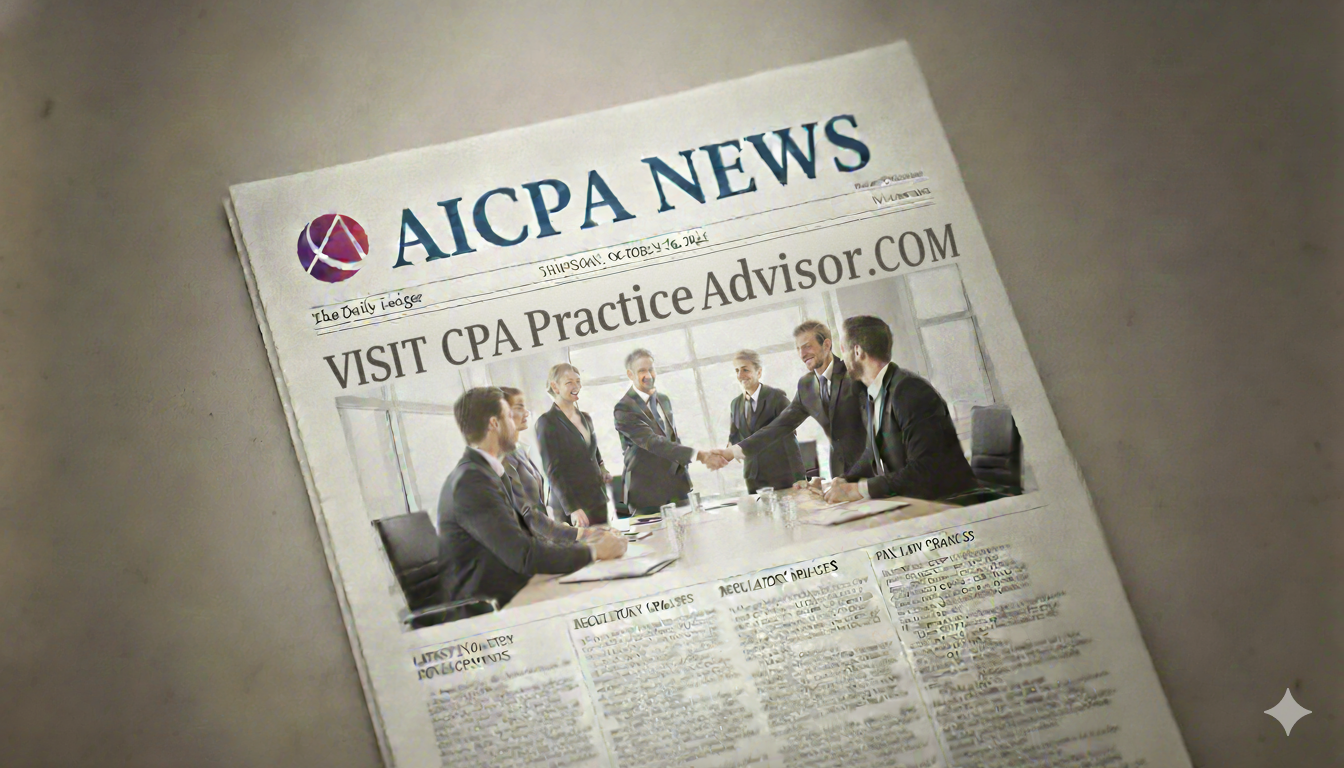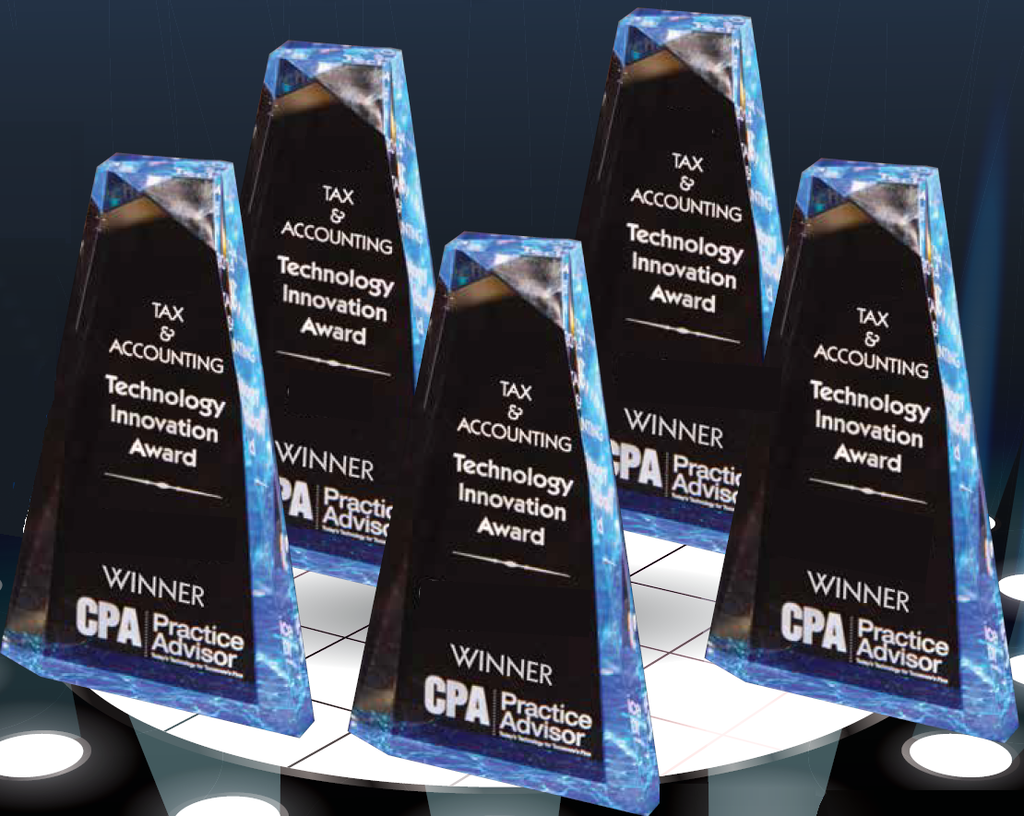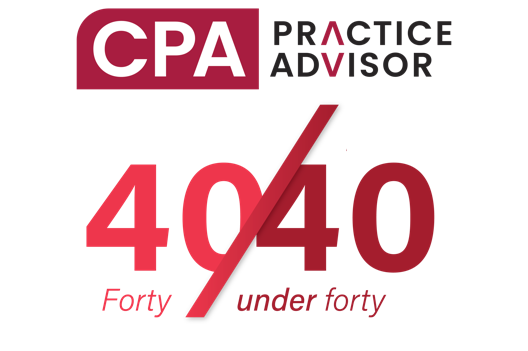Cathy Engelbert, CPA – 2017 Most Powerful Women in Accounting Honoree
Professional Credentials: Certified Public Accountant licensed in Pennsylvania, New York, and New Jersey.
Employer: Deloitte
Title: Chief Executive Officer
Website URL: https://www2.deloitte.com/us/en.html
Twitter: @CathyEngelbert
Education (Degree/school): Received a Bachelors of Science in Accounting from Lehigh University, 1986.
What opportunities do you feel women in accounting have now that they didn’t have when you started in the profession?
When I started out in professional services in the 80s, there were two tools of the trade—a pencil and a simple calculator. No fax machine, spreadsheets, email, laptops, smartphones, or tablets. Now, we can’t imagine life without these things. That’s all to say: a lot has changed!
I think the advent of all of the technological change has added a lot of flexibility for women who are trying to balance their work and life, or as I call it, “integrate” their work hours with family time. We’ve also seen much better family leave programs emerge over the 31 years I have been in the profession. And there are many more women role models that just did not exist when I joined the profession. But I think the question of opportunities is much larger than just opportunities for women. I see the industry as a whole moving to a place where people are continuing to add greater value in their work given that the routine will likely become less manually-intensive.
Things that are routine will likely become automated, and the premium will be on professional judgement and expertise. I recognize that there is a lot of concern regarding automation, but I also see that the most automated companies are creating the most jobs, and I think the profession will continue to benefit from the role of the human being augmented by technology.
How important is work/life balance and what suggestions do you have for those who are struggling to attain this?
First, there is this notion that we’re supposed to strive to achieve that balance and “have it all.” But I believe that this concept is really a myth. It’s not about “having it all” as defined by society or someone else, it is really about “doing it all” as defined by you. What that means is defining the predictability of your schedule in your professional and personal life, recognizing that it will not always be perfect, and realizing that you’re a role model for others around you.
Second, we all need to share our stories of how we have struggled with this issue and where we have been successful. Back when my kids were younger, coaching their sports teams was on my personal list of priorities—or part of my definition of “doing it all.” I would go home at a reasonable hour, coach my daughter’s basketball team, then come home and boot my computer up and send emails at 10 at night. People were like: “Gosh, Cathy’s always working.” And at that moment, I realized the precedent I was setting for others. But I said: “Wait, I just spent three hours coaching, then having dinner with my family.” People didn’t see that part. I learned my lesson to share our stories about how we are balancing the demands of a high performing career with personal interests. The other theme where I coach women who are struggling is to tell them that the balance is not linear, meaning if you are raising a family, when your kids are newborns and toddlers, there are different challenges than when they are teenagers and adults—so life does not go in a straight line, and challenges around work / life balance change over time.
How do you see yourself participating in shaping the future of the accounting profession?
I think it’s less about the impact of one person and more about how we are all shaping the future of the accounting profession. Technology is creating a fusion of our physical, digital, biological worlds—and that means a lot of uncertainty and unanswered questions, but also a lot of excitement. Advances in AI, cloud, mobile, social, big data, augmented reality, analytics, and other technologies will take the mundane tasks off our plates and free us up for the essentially human work of combining judgment, insight, skepticism, courage, and empathy. So I hope to inspire the next generation of accounting profession leaders around how the profession is evolving and why it is an exciting time to be witnessing that first hand.
Looking back at your career, what would you do differently given the knowledge you have today and how can women who are entering the profession benefit from that knowledge?
I wish I could share what I know now with my younger self. If I could, I would tell my younger self that life doesn’t go in a straight line, and you can’t predict where it will take you. I’d tell my younger self to share my story more. That really defines my path to CEO. I raised my hand, had confidence to do different things, took risks and built my capabilities. I like to say I’ve had four careers all in one at Deloitte over my 31 years here, and within those paths I’ve had the amazing opportunity to work with top-tier clients in many leading industries, including manufacturing, pharmaceuticals, banking, and insurance.
Please share any other comments or insights you would like to share with our readers about what has driven you to be a person who is recognized as a leader in this profession.
While I did not aspire to a box or title called CEO, I did aspire to be a leader and I think this profession gives you unparalleled leadership opportunities. I am passionate about the opportunity to reframe the narrative on the future opportunities for those entering into this profession. It’s also really important to me to have a robust pipeline of next generation women and underrepresented minority leaders, so I’ve been meeting with young professionals, with students, including at the high school level, because I want to encourage students to see the value of the profession. I want this to be a successful career for them, I what them to think they can raise families and do this. I tell them it’s not perfect, I tell them it’s not linear. I tell them they do have to make choices and they won’t be happy with all the choices through their career. I have three Cs I use with millennials and digital natives—Counsel, (seek counsel, mentors and be a counselor yourself), Confidence (because that is the key to becoming a role model and leader), and Curiosity, (the world is evolving exponentially, so being curious and lifelong learning are key to success).
Learn more about the 2017 Most Powerful Women in Accounting.
Thanks for reading CPA Practice Advisor!
Subscribe Already registered? Log In
Need more information? Read the FAQs




